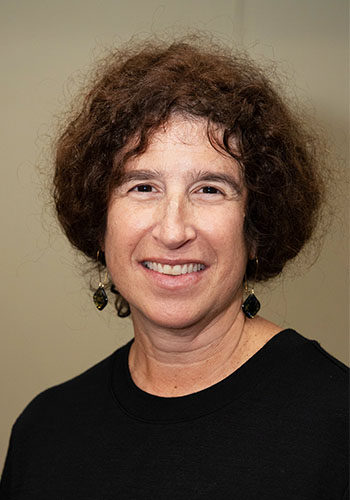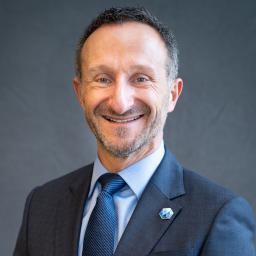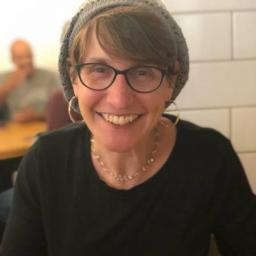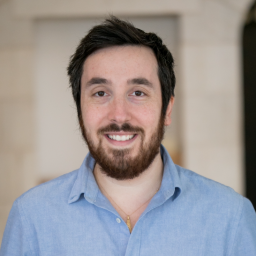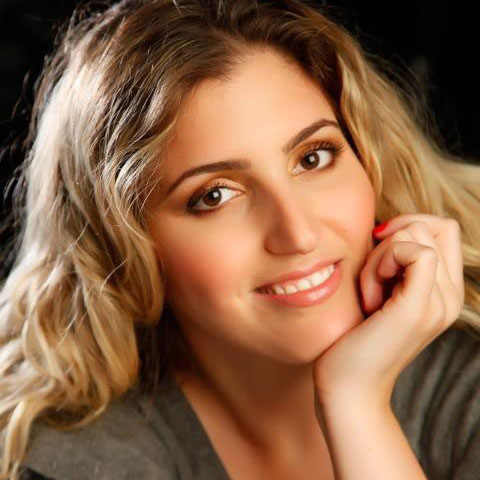By Dr. Lesley Litman
“Teaching, like any truly human activity, emerges from one’s inwardness, for better or worse. As I teach, I project the condition of my soul onto my students, my subject, and our way of being together.”
Parker Palmer, The Courage to Teach
Compared to the Hebrew language, the English language has exponentially more words. Yet, with it’s much smaller canon, Hebrew presents us with a worldview of which few other languages are capable. The Hebrew word panim means, in its simplest translation, “face” or “faces.” The letter bet serves as a prefix most often meaning “in” or “at.” It is the vocalization (or vowels) that distinguishes words in Hebrew in profound and astonishing ways. And so it is with the Hebrew word, בפנים: read one way (bifnim) it means inside, read a second way (bapanim) it means on the face of it or on one’s face.
These five Hebrew letters, ב-פ-נ-י-ם, with minor changes in vocalization, point simultaneously to what Parker Palmer would call one’s inner self (bifnim) and one’s outward facing self (bapanim). At the heart of Palmer’s influential work quoted above is exploring these inner and outer landscapes, or aspects, of our teaching selves. When considering the subject of Israel, how do we, as Israel educators, with all the complexities this implies, align what is inside of us with what we share with and teach to our learners? Do we hide what’s in our hearts when we disagree with what we are asked to teach? Which face of Israel (and ourselves) do we share with our learners, and when?
Cultivating the Qualities of an Israel Educator
This set of questions led the team at The iCenter to ask, What are those worthy dispositions, the qualities, Israel educators need to develop and embody that will enable the kind of alignment to which Palmer points? And, following on this, how do we support Israel educators in developing such qualities? And so was born Face to Face: Panim El Panim, an initiative aiming to lift up the voices of practitioners in the field of Israel education in examining the qualities that help us show up and encounter one another face to face, as better educators and better people. The series draws on multiple sources including Mussar, soulful education developed by Aryeh ben David and influential educators such as Palmer, John Dewey and Barry Chazan.
Central to this approach is the notion that bringing our whole and best selves to our work as Israel educators is an interactive and dialogic process. The program consists of a set of podcasts, text study materials, case studies and reflection exercises that educators can draw upon to meet their unique needs of the moment. Educators are encouraged to interact with the materials not only as individuals but also in a chevruta process of learning and reflection with another educator personally assigned to them. Through the encounter with someone who may bring different perspectives, participants are able to bring their internal and external panim into greater alignment. By encountering the other, we become more of ourselves.
This approach is particularly salient for the field of Israel education. There are relatively few subject areas in which the personal and professional, our own learning and teaching, are more intertwined. Israel’s dynamism as a society, culture, political entity and focus of the Jewish people leads to both emotional and intellectual challenges: the need to learn, respond, recalibrate our understanding and, sometimes, recenter our relationship with or views about Israel. Each of our learners or colleagues might also be going through a similar process, particularly those who are aware of current events and/or have an active, engaged connection to Israel. In our classrooms, programs and hallways, diving into and gaining deep awareness of qualities such as humility, empathy and empowerment, among others, can help us bring our best selves to our learners, their families and our world.
Finding Our Voice
“Voice,” our capacity to hear our own and others’ views, is at the core of this initiative. Short podcasts include deep conversations between two individuals who embody the disposition under consideration. For example, the quality of humility and its opposite, “will” or chutzpah, is explored by Anne Lanski, CEO of The iCenter, and Kfir Damari, the founder of SpaceIL (the project that launched Beresheet, the first Israeli spaceship to “land” on the moon). The landing was different than expected, both a success and less than had been hoped for. Damari and Lanski share moments in which they stepped back to make room for others (humility) and those in which they fiercely advocated for an idea or project (will). Their conversation is wrapped in short clips of a range of voices from the field, reflecting on their own embrace of or struggle with the disposition of humility.
The listener is then invited to draw upon questions, insights and practices raised by the conversation through a series of case studies, which spur reflection on real-life situations in their practice. In the case of humility, listeners are invited to:
Reflect on questions relating to Micah 6:8: “He has told you, O human, what is good, and what the Lord requires of you: Only to do justice and to love goodness, and to walk modestly/humbly with your God.”
Apply this learning to a situation in which an Israel program is being planned that is different than you had hoped but is still of good quality (humility) or, conversely, that is not good and you need to advocate to change it (will).
Consider one’s response to the question, “How much oxygen are you taking up in the planning and how much are you willing to relinquish to others?”
Find additional examples of where it is possible to practice humility, tempered by the need to display will or chutzpah.
Other panim or dispositions to be explored in the coming weeks and months include empowerment, empathy, joy, integrity and generosity.
Our Personal Journey
“We regard the individual as the main focus of education... Ultimately, education is about the personal journey to becoming human.”
Barry Chazan, A Philosophy of Israel Education
Good Israel education is good Jewish education is good education, and at the center of all education are the learners. The word for face in Hebrew, panim, is plural, reflecting the multiple “faces” each of us and each of our learners embody, whether they be our hidden internal faces or our evident external faces.
As Chazan reminds us, our role as educators is to continue to recognize this multiplicity of faces in ourselves and others and to endeavor to align our internal panim with our outward-facing panim. As teachers and as learners, our role is to bring these into dialogue with others on our journeys to becoming more human. This is the essence of Israel education.
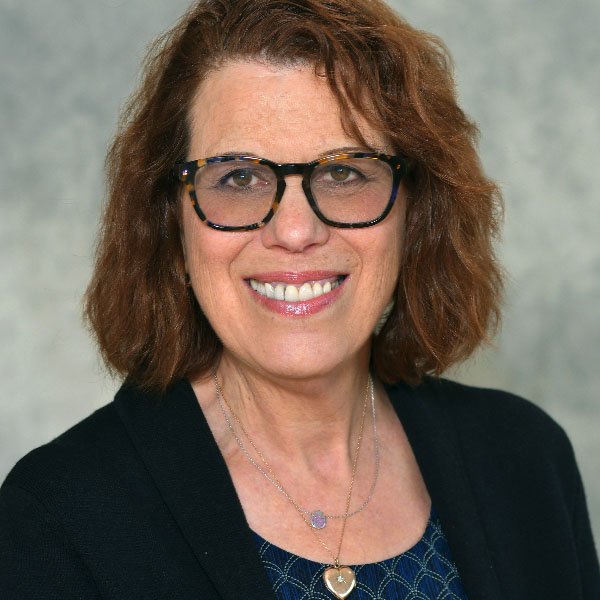
Dr. Lesley Litman is on The iCenter consultant team, specializing in day schools and curriculum. She also serves as the director of the executive MA program in Jewish education and the coordinator for online instructional support at the Hebrew Union College - Jewish Institute of Religion.



